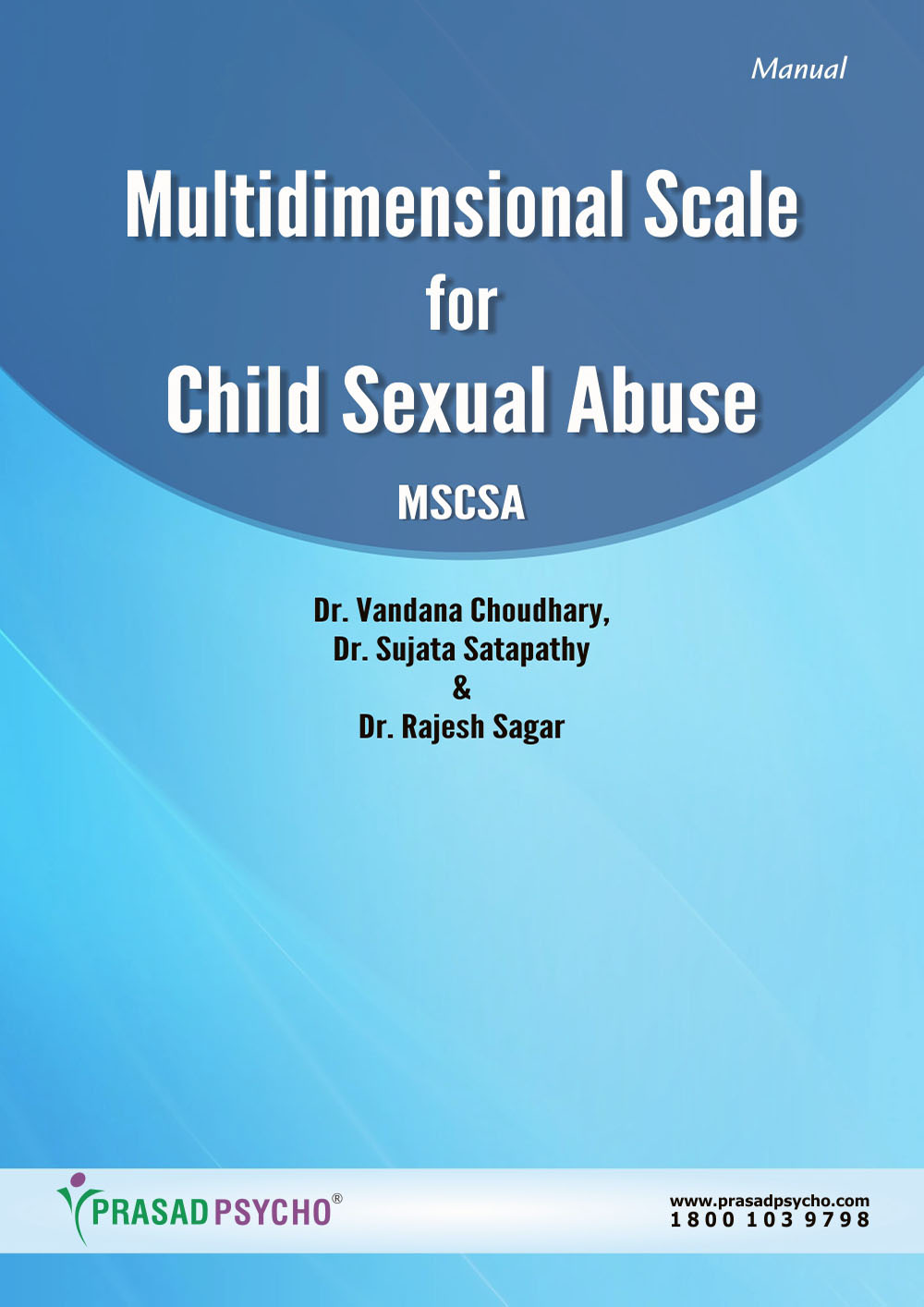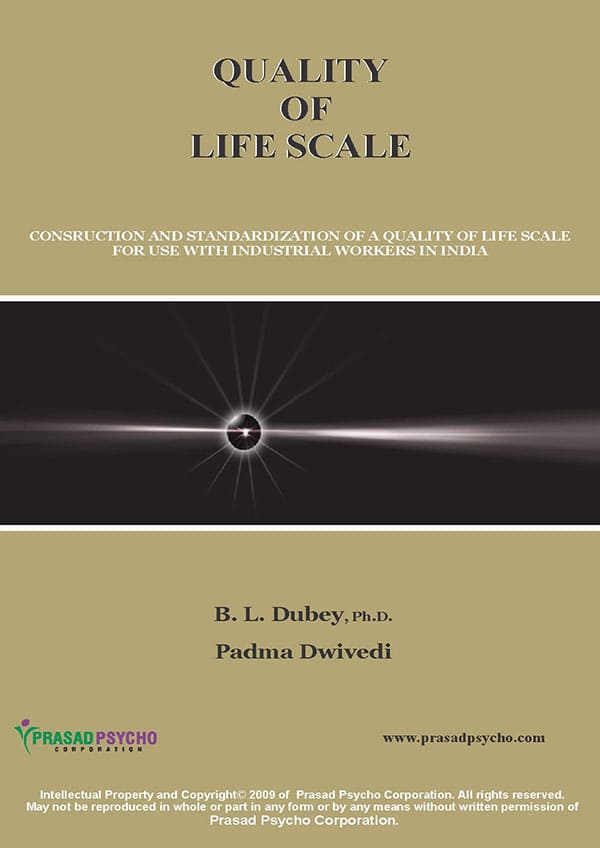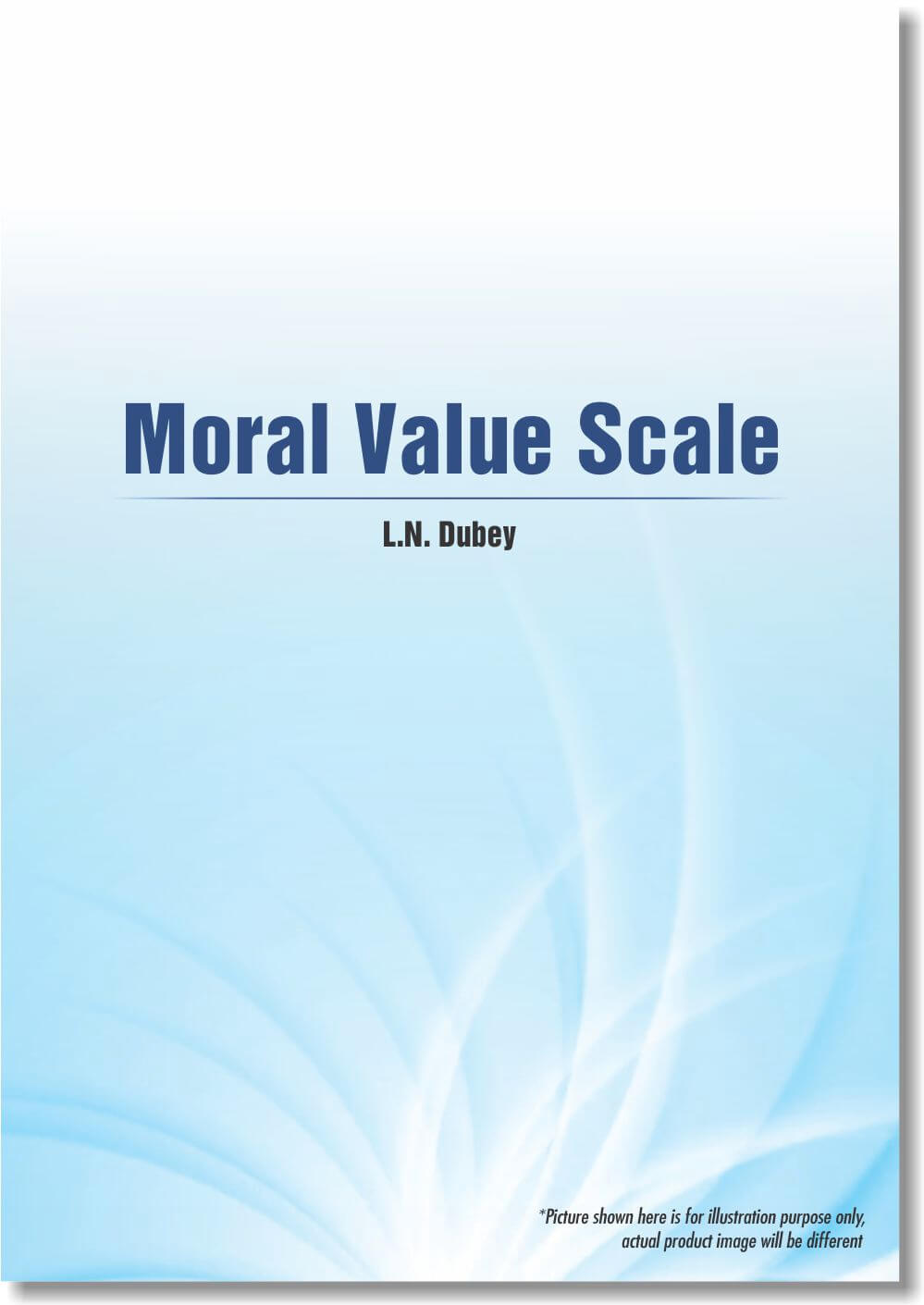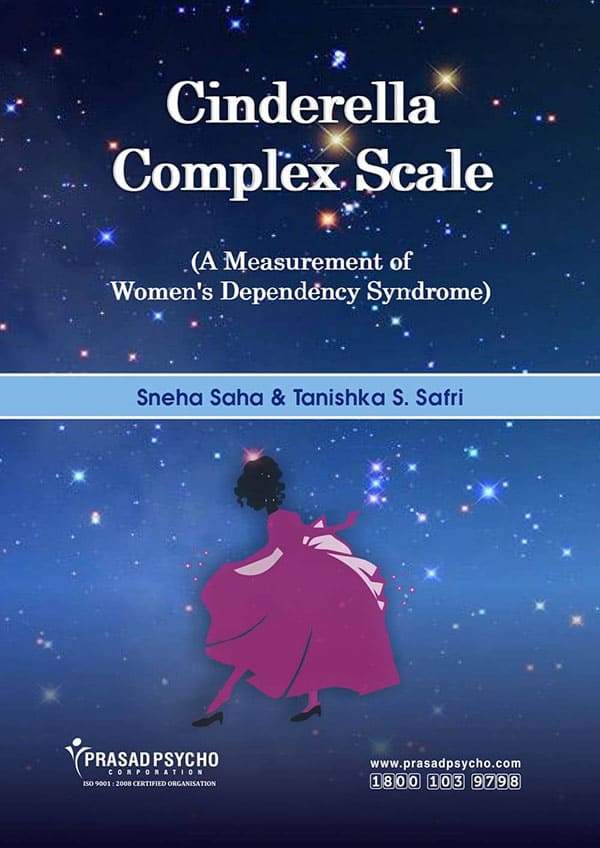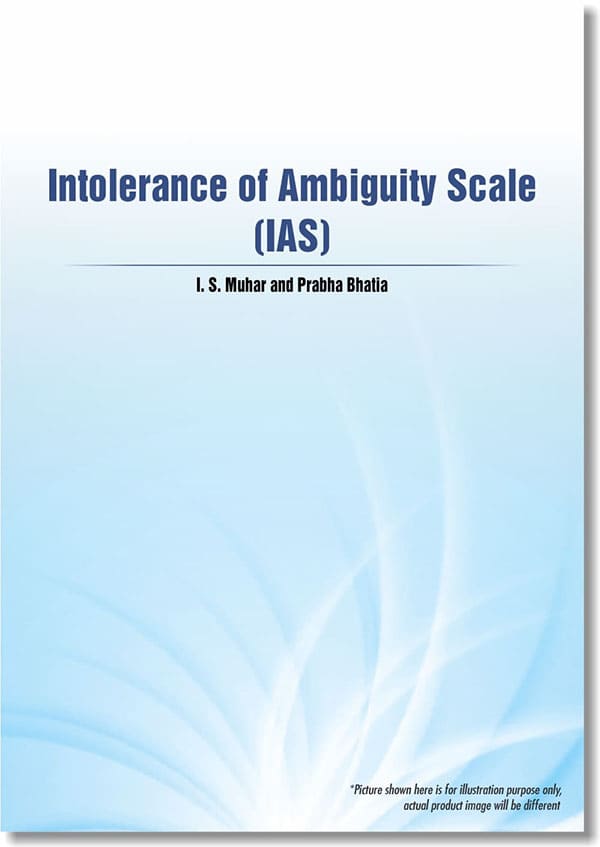Description
Multidimensional Scale for Children with Sexual Abuse (MSCSA) offers a quick and comprehensive assessment of both the nature as well as the extent of psychological trauma impact on children with sexual abuse (CSA) in the age range of 7-13 years. The scale has been developed after research conducted on 457 participants recruited at different phases of the study (48 participants were recruited across eight focused group discussions; 11 children participated
in in-depth interviews; scale development participants included 18 experts from content validity evaluation, 30 children in pilot study, 200 children with a history of CSA & 150 children with no history of CSA in the administration of MSCSA-78). The scale follows robust statistical analysis which includes both qualitative methods as well as quantitative methods of analysis.
The scale consisted of 62 items across 5 domains: 1). Psychopathology; 2). Socio-emotional Difficulties; 3). Externalized Behaviour; 4). Sexualized Behaviour; Pain Symptoms; 5). Academic Functioning.
in in-depth interviews; scale development participants included 18 experts from content validity evaluation, 30 children in pilot study, 200 children with a history of CSA & 150 children with no history of CSA in the administration of MSCSA-78). The scale follows robust statistical analysis which includes both qualitative methods as well as quantitative methods of analysis.
The scale consisted of 62 items across 5 domains: 1). Psychopathology; 2). Socio-emotional Difficulties; 3). Externalized Behaviour; 4). Sexualized Behaviour; Pain Symptoms; 5). Academic Functioning.
The range of scores on MSCSA varies from 0-124. A score of 32 or above indicated a significant impact of CSA trauma while a score ≤ 31 indicated a non- significant impact of CSA trauma. Further, a score between 0 to 31 indicates non-significant CSA trauma; 32-51 indicated the mild impact of CSA trauma, 52-71 indicated the moderate impact of CSA trauma, and a score of 72; above indicated the severe impact of CSA trauma.
The scale has high reliability (Cronbach’s α 0.93; split-half reliability 0.89), high content, and discriminant validity. Convergent and divergent validity are satisfactory.
To our knowledge, this scale is the first such psychometrically robust self-rated scale for young children with sexual abuse in an Asian country. It is available in both Hindi and English language. The scale can be used by mental health professionals after brief training on scale administration and scoring. MSCSA finds direct clinical applicability across a wide range of settings such as CCI, schools, primary, secondary, and tertiary care hospitals, and NGOs. Its sound psychometric properties also offer useful relevance for the progress and outcome evaluation of CSA intervention studies.
The scale has high reliability (Cronbach’s α 0.93; split-half reliability 0.89), high content, and discriminant validity. Convergent and divergent validity are satisfactory.
To our knowledge, this scale is the first such psychometrically robust self-rated scale for young children with sexual abuse in an Asian country. It is available in both Hindi and English language. The scale can be used by mental health professionals after brief training on scale administration and scoring. MSCSA finds direct clinical applicability across a wide range of settings such as CCI, schools, primary, secondary, and tertiary care hospitals, and NGOs. Its sound psychometric properties also offer useful relevance for the progress and outcome evaluation of CSA intervention studies.



